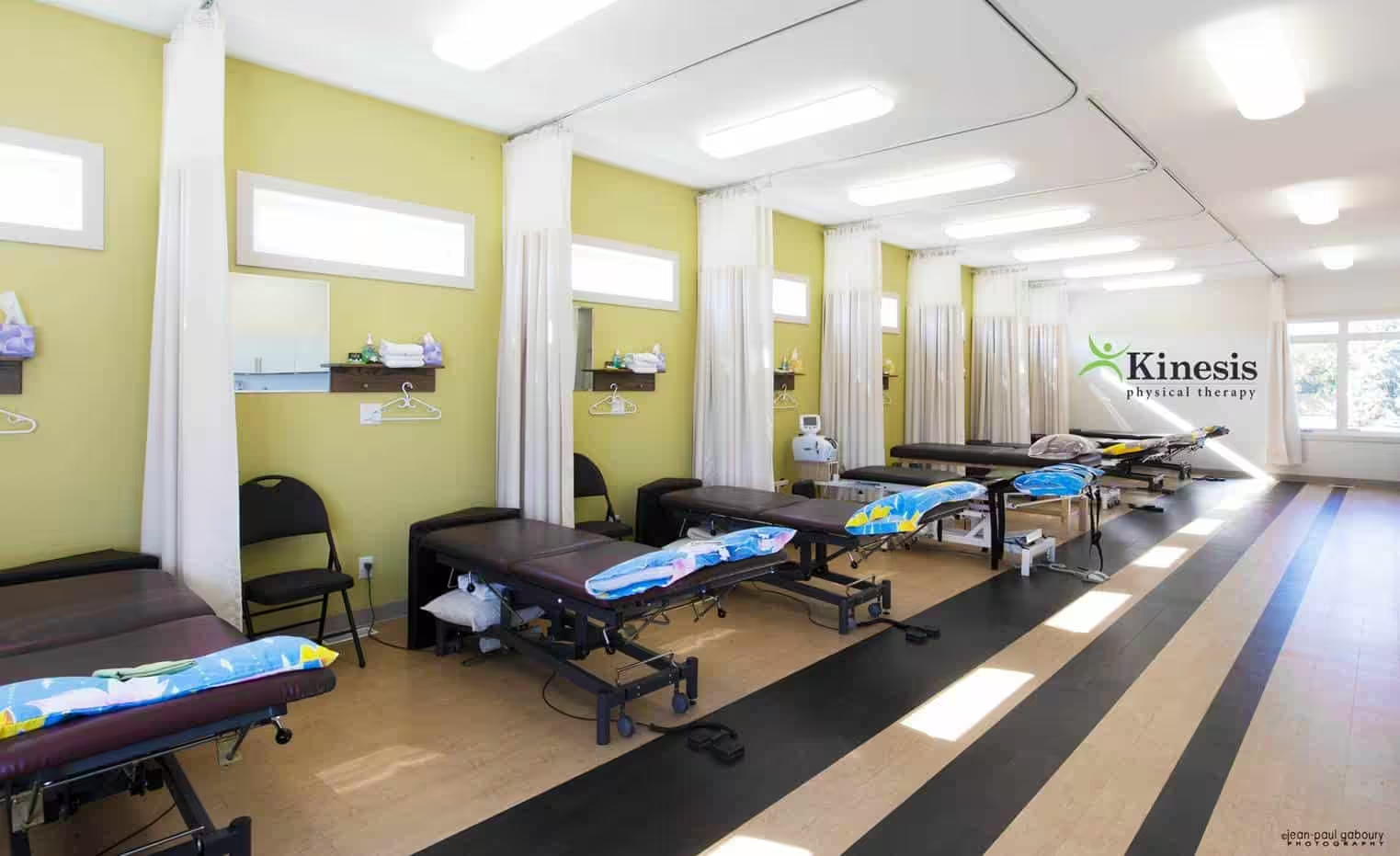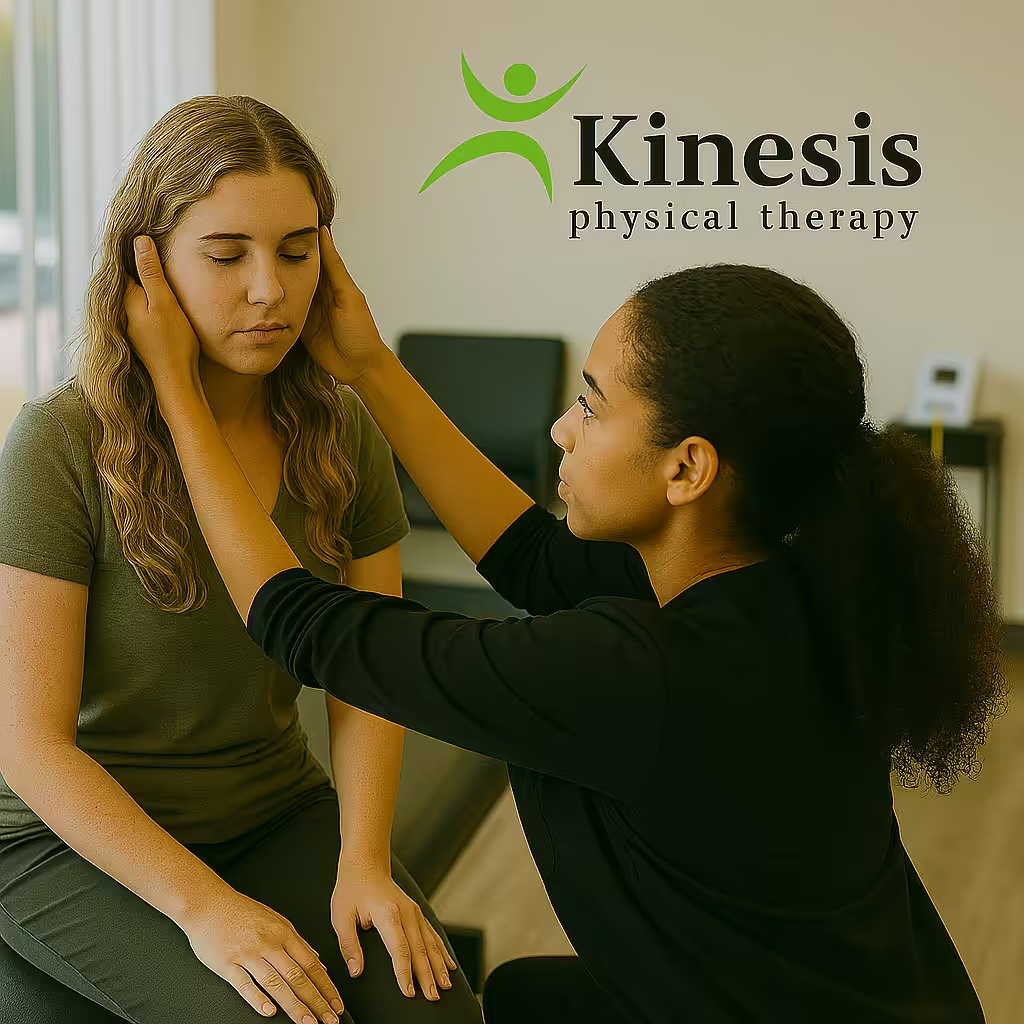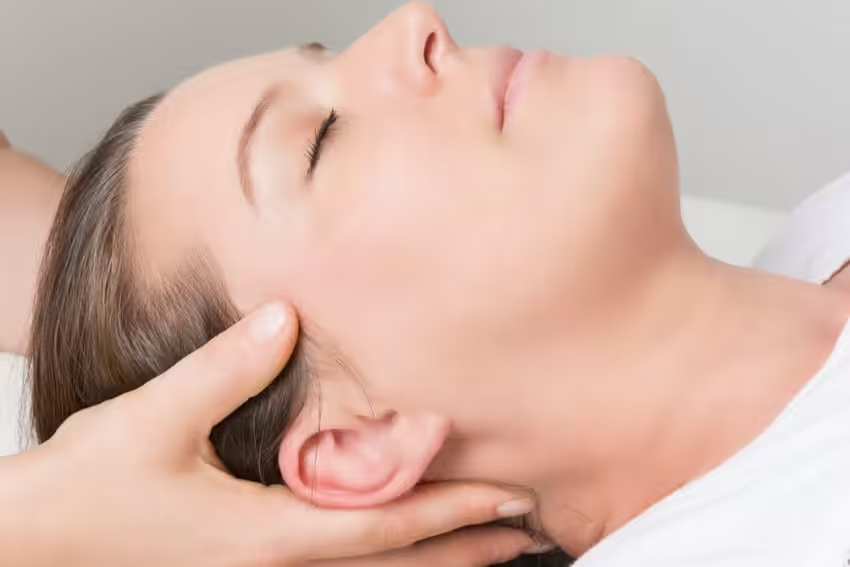Kinesis Physical Therapy Corp has been in business since 2005 helping patients in Grande Prairie and the surrounding area with their musculoskeletal pain. We are a physical therapy clinic offering physical therapy and rehabilitation services for all types of orthopaedic conditions.
Our practice is family-run and focused on patient care with reliable, friendly and experienced physical therapists . We are here for you when you need us.
Contact us today to book an appointment.

A concussion is a brain injury. It may be caused either by a direct blow to the head, face, neck or elsewhere on the body with a force transmitted to the head. A concussion typically results in the rapid onset of short lived impairment of neurological function that resolves spontaneously. However, in some cases, signs and symptoms may evolve over minutes to hours.
A concussion may result in neuropathological changes, but symptoms largely reflect a functional change rather than a structural injury. Often there is no abnormality seen on x-rays, CT scan, or other imaging.
A concussion results in a variety of clinical symptoms that may or may not involve a loss of consciousness. Resolution of the clinical and cognitive symptoms typically follows a sequential course. However, it is important to note that in some cases symptoms may be prolonged.



The current return-to-activity guidelines are not wrong, but they are lacking a lot of important information. Again, a concussion is a brain injury, and treatment should be coordinated in a serious effort to negate any lasting consequences. Evaluation and treatment of specific symptoms alone is a major deficiency in the process of managing concussions.
Although research has determined that the best thing for the brain is rest, there is more that can be done. Clinically addressing dysfunction of individual body systems including the vestibular and visual systems has been shown to improve long term outcomes for patients who have sustained a concussion.
After sustaining a concussion, it is very important to rest, as it gives the body a chance to use energy to heal, and return to normal. However, everyone has a life to live, and it is impossible to sit in a dark room and do nothing until you are symptom free.
Here are some tips to help you achieve the rest you need, while still living your life.

Reduce screen time. Limit the use of handheld devices. Wear sunglasses as needed. Avoid busy environments. Avoid naps.

Make a plan for school: take a few days off, but the return should be slow, with teachers well informed. Avoid too much, as it can lead to or worsen depression.

Avoid driving, especially at night. Take your time: everything these days seems to move fast, so slow down and let others help you recover.
Concussions can produce a wide array of symptoms, which poses a challenge for coaches, trainers, parents, and health professionals involved in the care of an injured person.
The time-course for recovery also varies widely from person to person, making it impossible to employ a “cookie-cutter” approach to concussion rehabilitation and return-to-activity timelines. Currently, there is no reliable diagnostic test or marker that can be used to identify a concussion when it’s occurred, or similarly, determine when a concussion has resolved. For this reason, a growing emphasis has been placed on objective baseline testing protocols that can be used to track an athlete’s recovery and serve as a tangible measurement for return-to-play readiness. By measuring an individual’s “normal” level of functioning, we are better able to gauge the level of impairment that may exist post-injury by performing comparative testing. This requires a multifaceted approach and that no single test should be used in isolation. (Adapted from shiftconcussion.ca)
In addition to standard protocols, Kinesis Physical Therapy uses neurocognitive ImPACT testing for baseline and post injury assessment. We currently offer baseline testing for groups of athletes ages 12 and up. Pricing will vary per the number of individuals being assessed. Please direct all inquiries to steven.novakowski@kinesispt.com.
Get started by filling out a booking inquiry or call us today to schedule a visit with Kinesis Physical Therapy.
@ 2026 Kinesis Physical Therapy. All Rights Reserved.
Privacy Policy. Terms And Conditions. About This Website
Find a specific location and directions below, or to contact us please contact us by the following:
Our main office is located at 120 - 8805 Resources Rd, Grande Prairie, AB on resources road next to Ramona's and Grassroots Realty.
Our south location is on the southside of Grande Prairie located inside the Orthopedic Associates office.
Our third location is in Beaverlodge, Alberta within the Health & Wellness Clinic At 112-10 Street, Beaverlodge, AB.